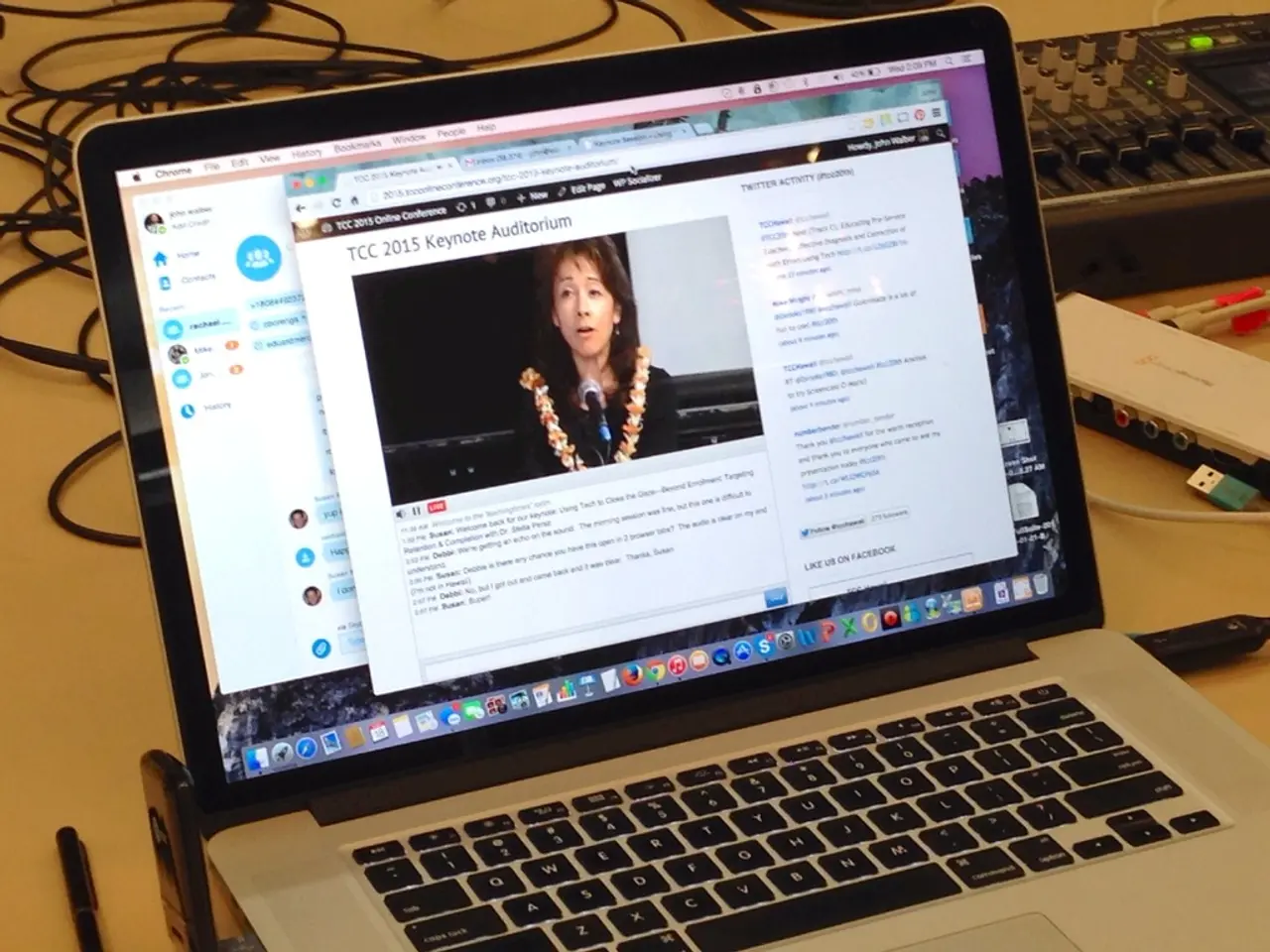At CIEI 2025, We Expressed Our Perspective on AI's Role in Accessible Education
In the ever-evolving landscape of education, Artificial Intelligence (AI) is emerging as a transformative force, particularly in terms of inclusion and equity. At the recently concluded 2025 International Congress on Inclusive Education, sponsored by Inclusion Cloud, the potential of AI in education was explored and discussed.
Inclusion Cloud, a leading AI solutions provider with nearly two decades of experience, is applying its expertise to education initiatives with a vision to empower educators, not replace them. Their mission is to create adaptive content for different learners, ensuring that every student can access learning experiences tailored to their needs.
One of the key advantages of using AI in education is personalized learning. By analyzing individual student data, AI can tailor content, activities, and feedback to each learner's needs, strengths, and pace, supporting diverse learning styles and neurodiversity. For instance, AI tools can provide structured routines, multisensory learning options, and self-regulation strategies for neurodivergent students, such as those with ADHD, who may not find these resources in traditional classrooms.
AI also enhances accessibility, making education more equitable for students with disabilities or language differences. Adaptive platforms convert content formats and adjust materials to different abilities, ensuring that learners who process information differently are not left behind.
Moreover, AI can reduce teacher workload by automating routine tasks and providing real-time learner assessment. This allows educators to focus on human-centered interactions and mentoring, fostering a more engaging and supportive learning environment.
However, for truly effective and ethical integration, faculty training in AI literacy and ethical guidelines is crucial. This empowers educators to create inclusive environments and avoid a one-size-fits-all approach. When combined with thoughtful design and human oversight, AI acts as a powerful tool to widen access, boost engagement, and foster confidence among diverse student populations.
Inclusion Cloud's sponsorship of the 2025 International Congress on Inclusive Education aligns with their commitment to advancing inclusive education through responsible innovation. Their AI solutions aim to improve learning outcomes by early detection of learning gaps, adapting content to different learning styles, and providing real-time insights for teachers.
Furthermore, AI-powered platforms can connect schools and families with timely, actionable information, fostering strong support networks to keep learning on track. Real-time insights for teachers about student performance and engagement help them identify areas where students need support before problems escalate.
In conclusion, AI's chief benefits in education for inclusion and adaptability include personalized learning tailored to neurodiversity and individual needs, enhanced accessibility for learners with disabilities, real-time adaptable support, and empowerment of educators to deliver more equitable and human-centered teaching experiences. As we move forward, it is clear that AI will play a significant role in shaping the future of education, making it more inclusive, adaptive, and human-centered.
[1] AI in Education: Transforming Learning Experiences
[2] The Role of AI in Education: A Comprehensive Guide
[3] AI and Education: The Future of Learning
[4] The Impact of AI on Education: A New Era of Learning
[1] The Role of AI in Education: A Comprehensive Guide delves into how AI can create adaptive content for different learners, promoting equity and catering to various learning needs through technology.
[2] AI and Education: The Future of Learning examines how AI can leverage technology to provide neurodivergent students, such as those with ADHD, with structured routines, multisensory learning options, and self-regulation strategies, ensuring equitable access to learning experiences.




